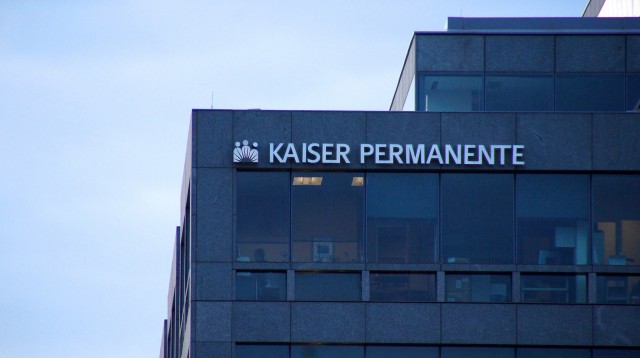For more than four years, the National Union of Healthcare Workers, representing 2,600 Kaiser mental health clinicians in California, has been in a small war with the health care giant.
NUHW members have gone on strikes of varying lengths three times over what it says are lengthy delays in providing care to mental health patients.
In 2011, the union filed a 34-page complaint with the California Department of Managed Health Care alleging Kaiser's mental health services were "sorely understaffed and frequently fail to provide timely and appropriate care.”
Individually, union members have been scathing in their assessments of Kaiser's mental health services, at times implying or outright stating that the company was unethical in the way it rationed patient appointments.
Kaiser, for its part, has frequently brushed aside such complaints as a negotiating tactic designed to win a new contract. As recently as January, just before a weeklong strike by mental health workers, the HMO took direct aim at the union. John Nelson, vice president of government relations for Kaiser Permanente, released a statement that read in part:
“NUHW is a small California union representing fewer than 5,000 of Kaiser Permanente¹s 175,000 employees. Since its creation in 2009, it has never negotiated a contract with Kaiser Permanente. In fact, NUHW stands alone as the only union that has been unwilling or unable to reach a fair agreement concerning a contract covering our employees during that time.”
For weeks since, the two had not been at the bargaining table.
